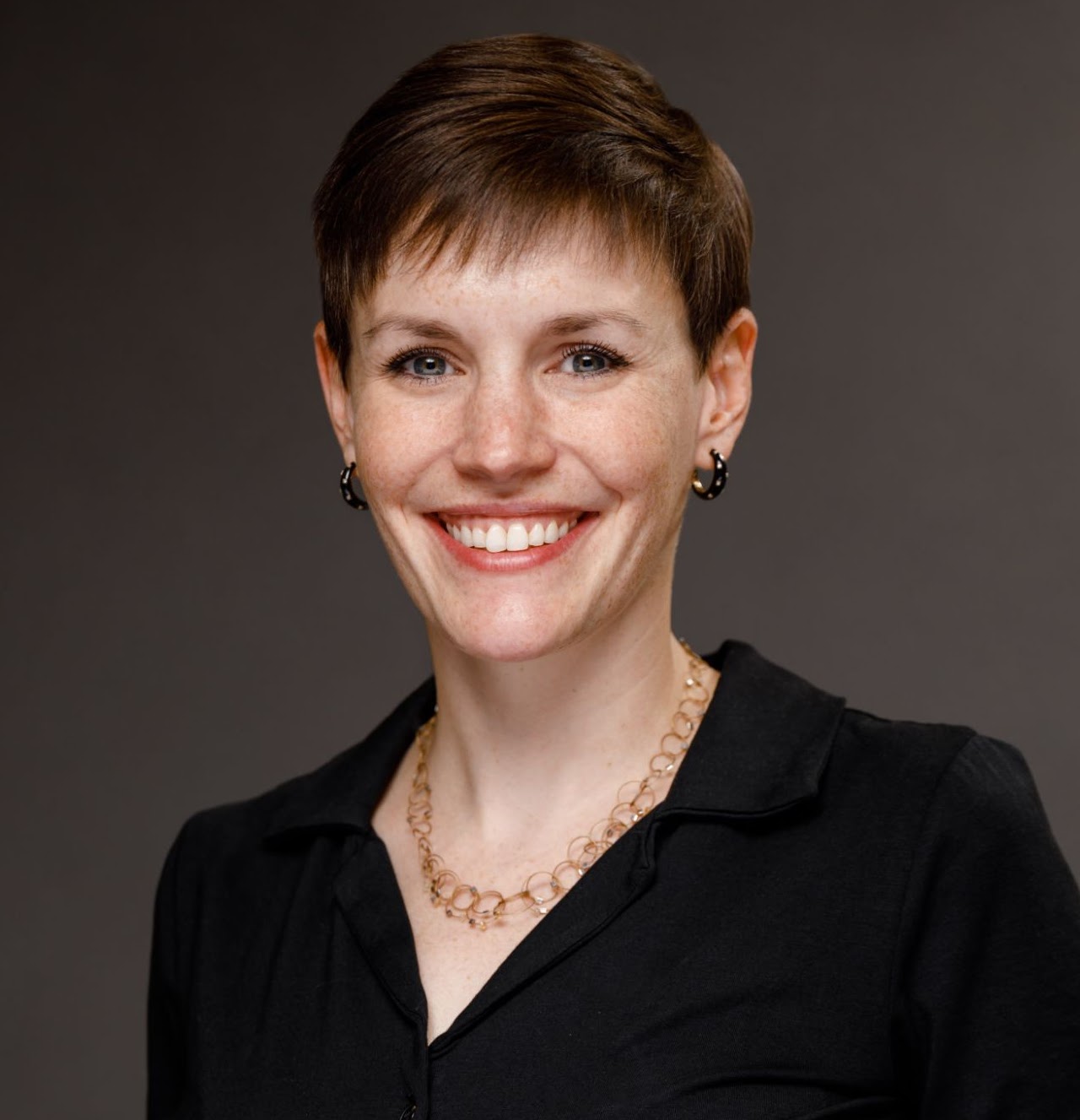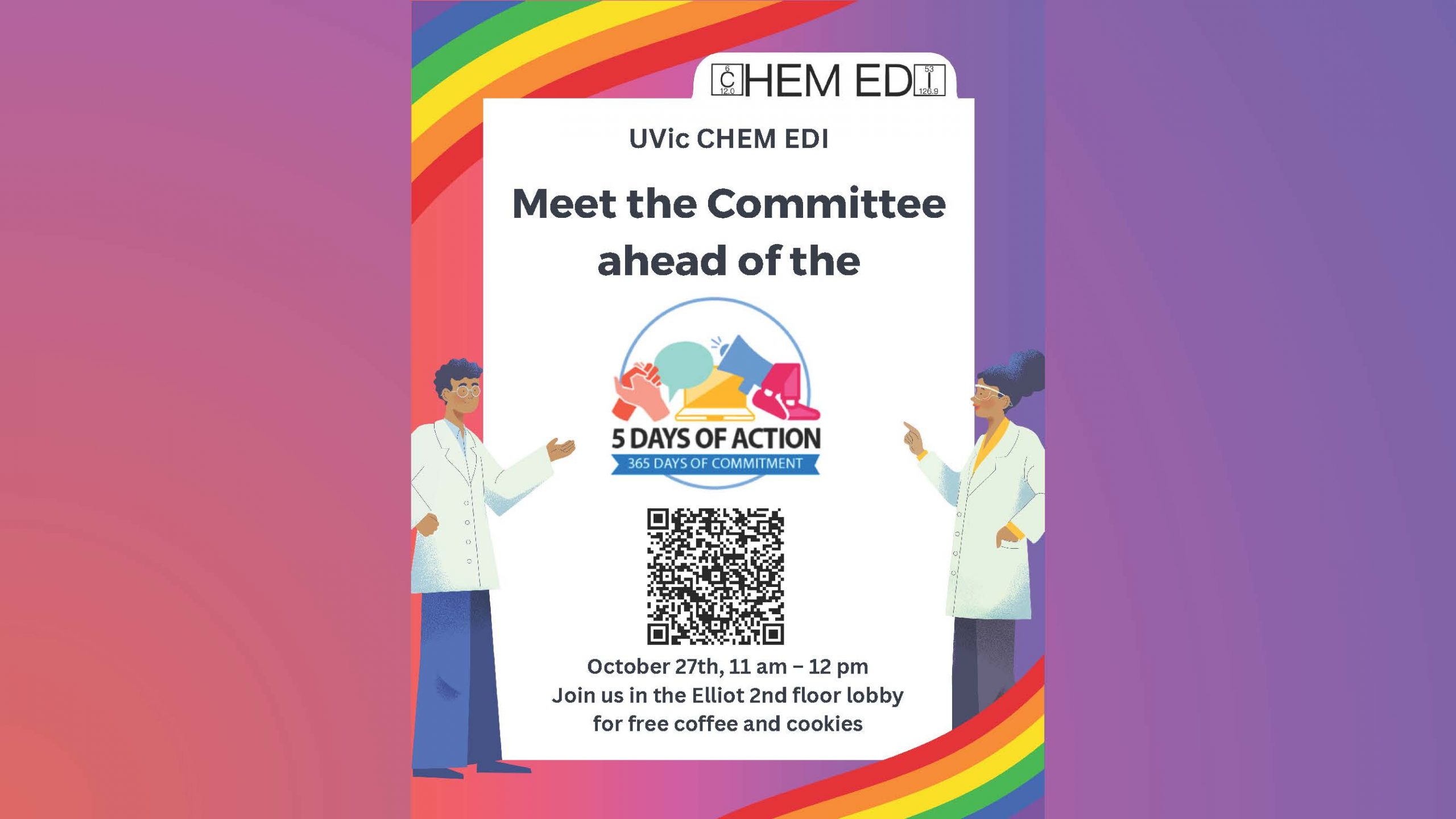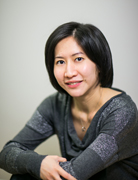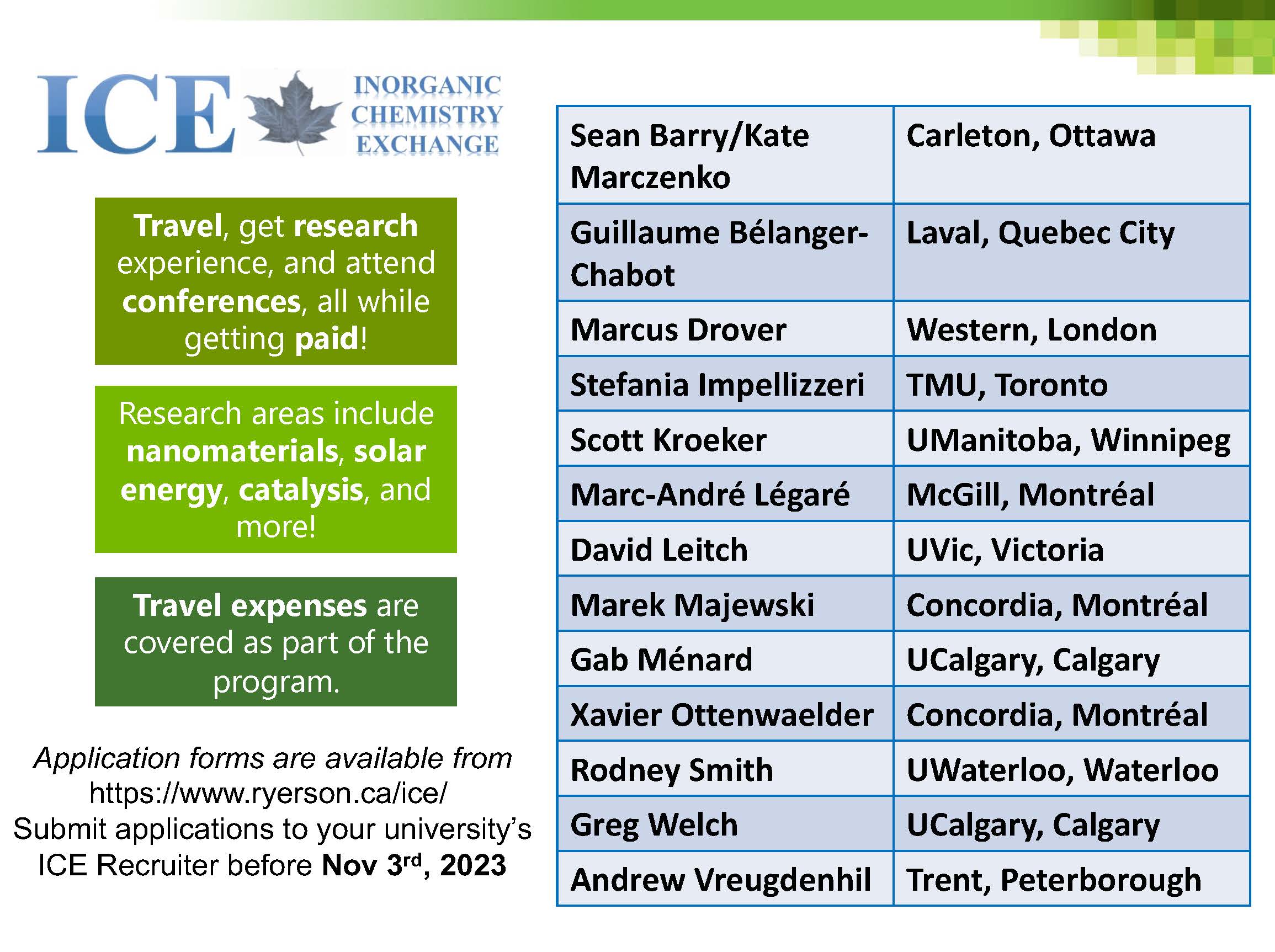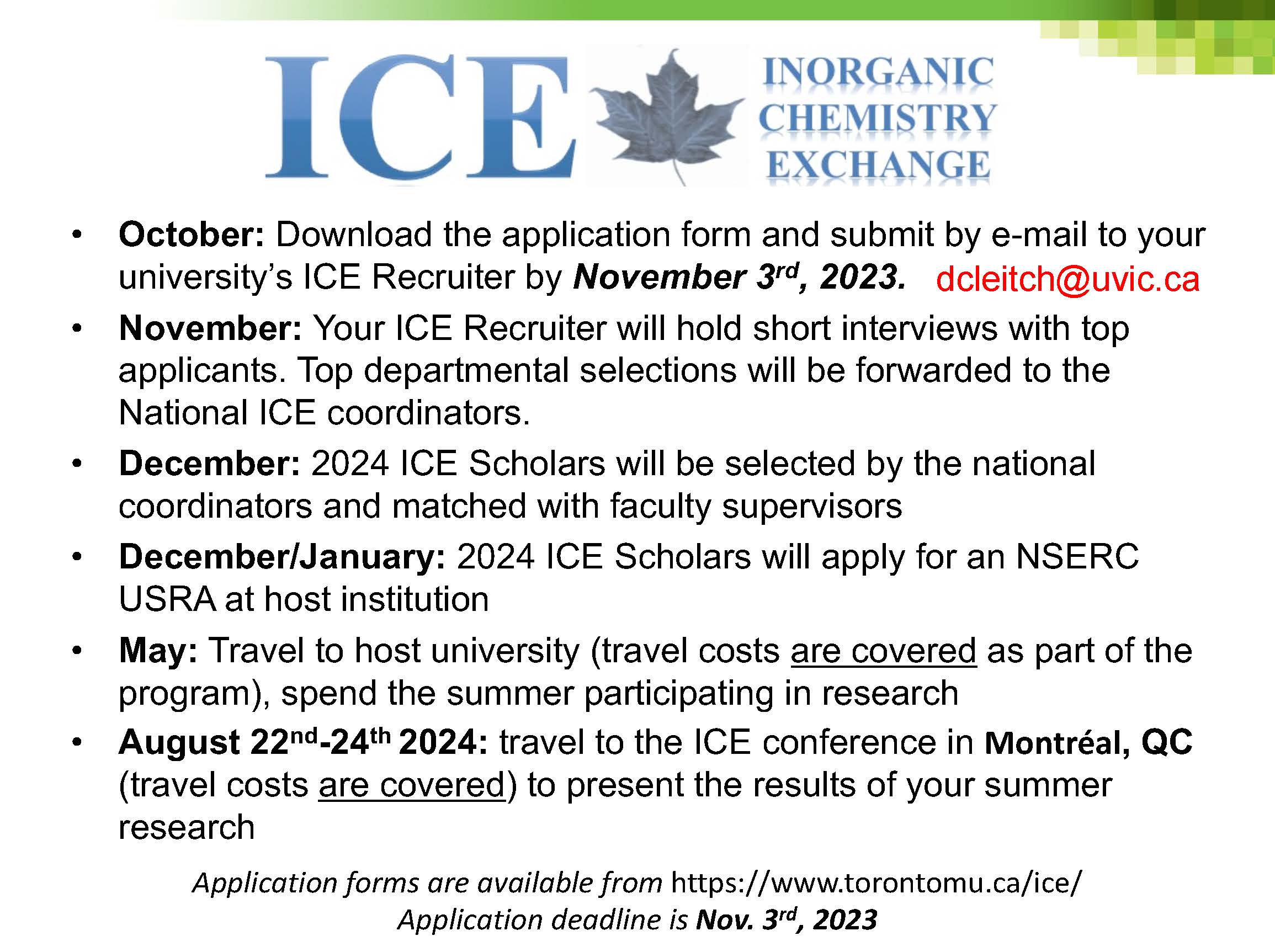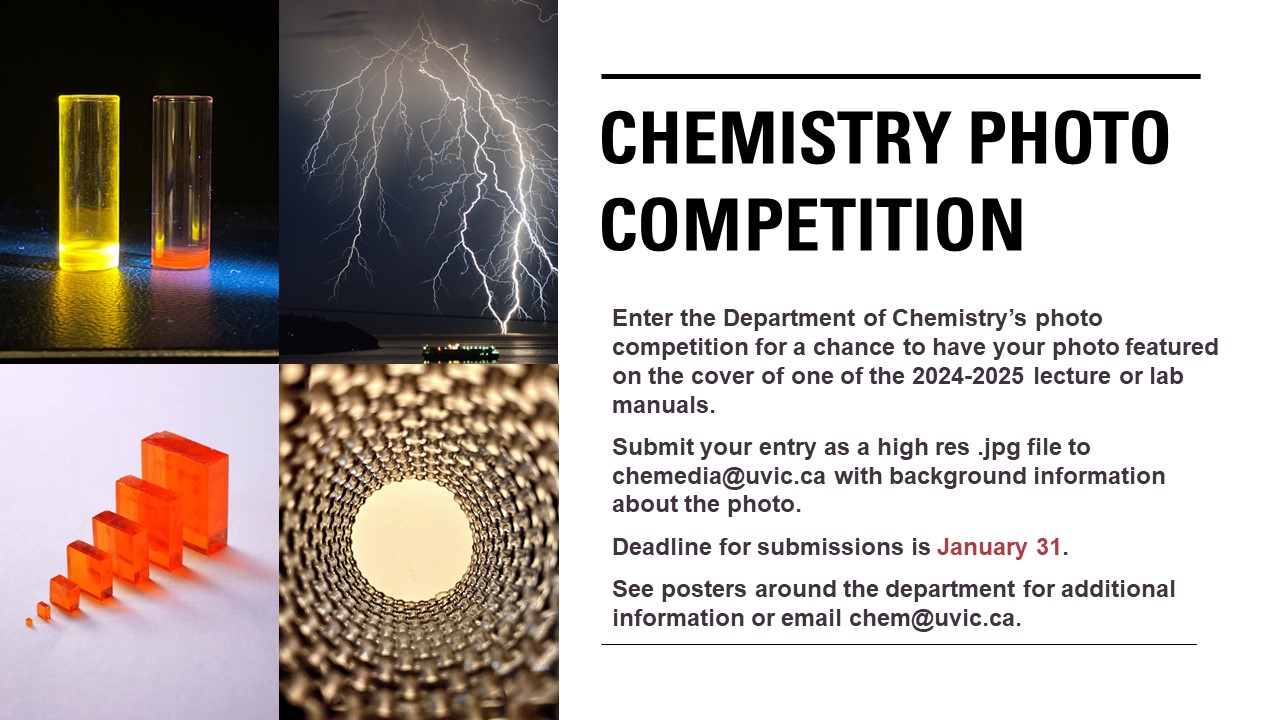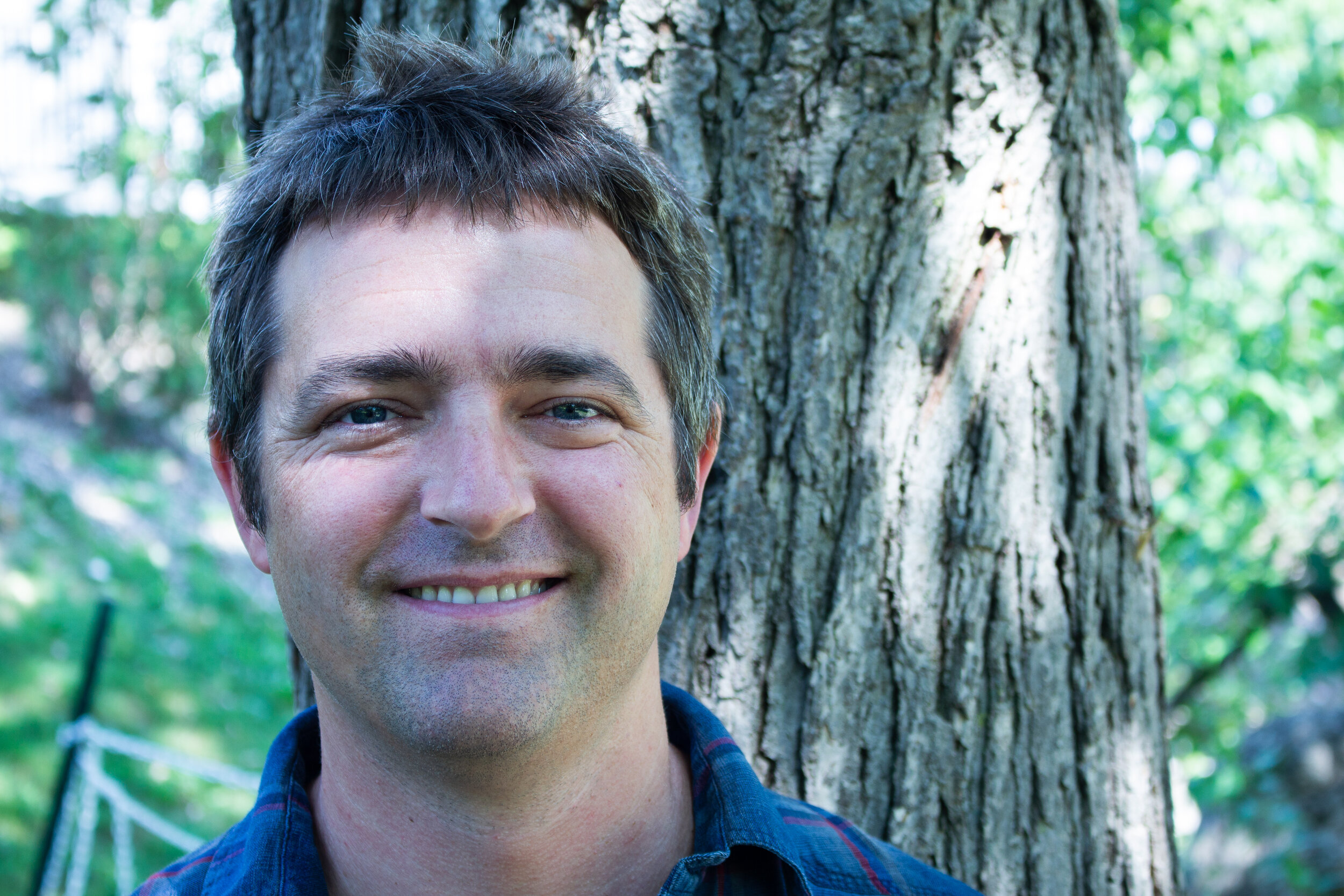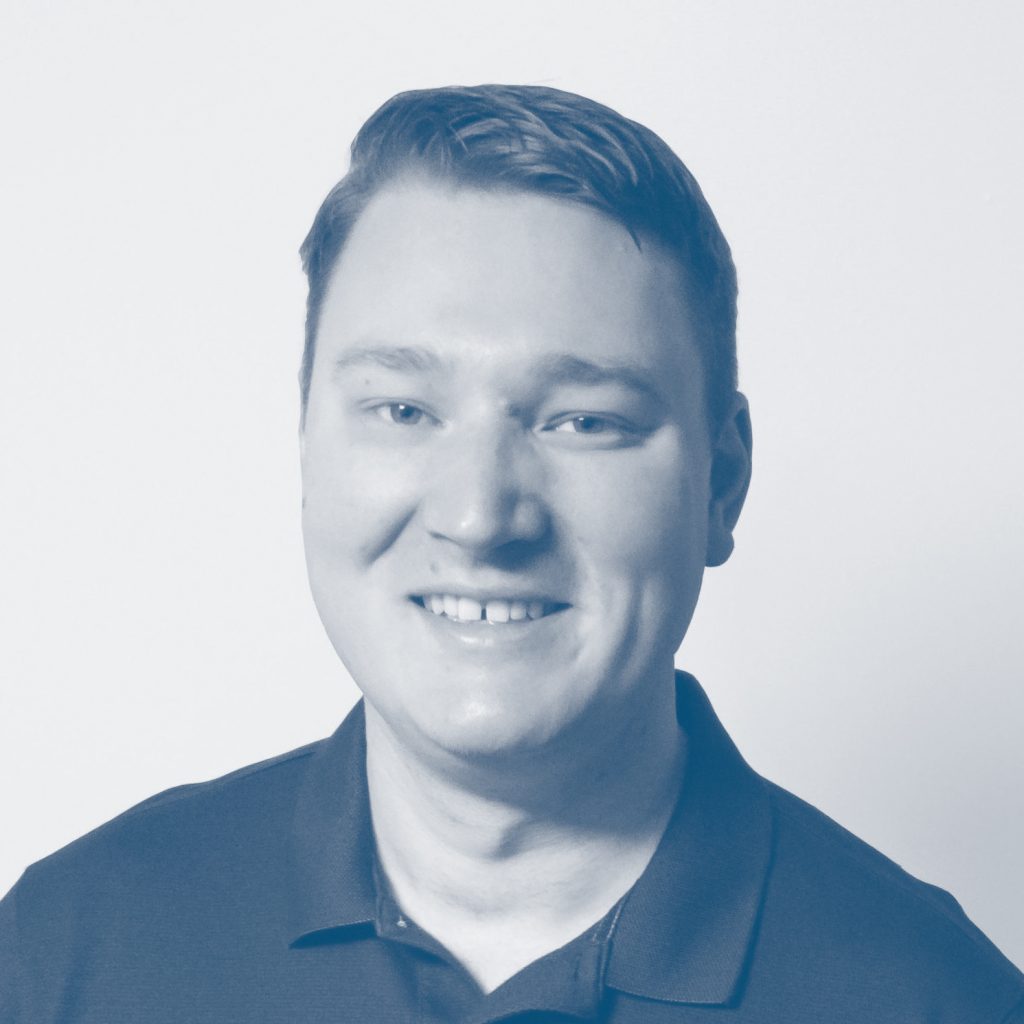Alannah Hallas, UBC
https://hallas.phas.ubc.ca/home
Understanding the Role of Entropy in High Entropy Oxides
Monday, October 30
11:30 a.m.
Engineering Computer Science Building, Room 116
and Zoom https://uvic.zoom.us/j/83657240884?pwd=3pDZp5892dS4gsAKoaplX1t2j9kgbh.1
Abstract: The field of high entropy oxides (HEOs) flips traditional materials science paradigms on their head by seeking to understand what properties arise in the presence of profound configurational disorder. This disorder, which emerges as the result of multiple elements sharing a single crystalline lattice, can take on a kaleidoscopic character due to the vast numbers of possible elemental combinations and appears to imbue some HEOs with functional properties that far surpass their conventional analogs. However, the actual degree of configurational disorder, its role in stabilizing the HEO phase, and its effect on other physical properties such as magnetism all remain open questions. In my talk, I will discuss my group’s efforts towards addressing these questions using x-ray and neutron methods.

